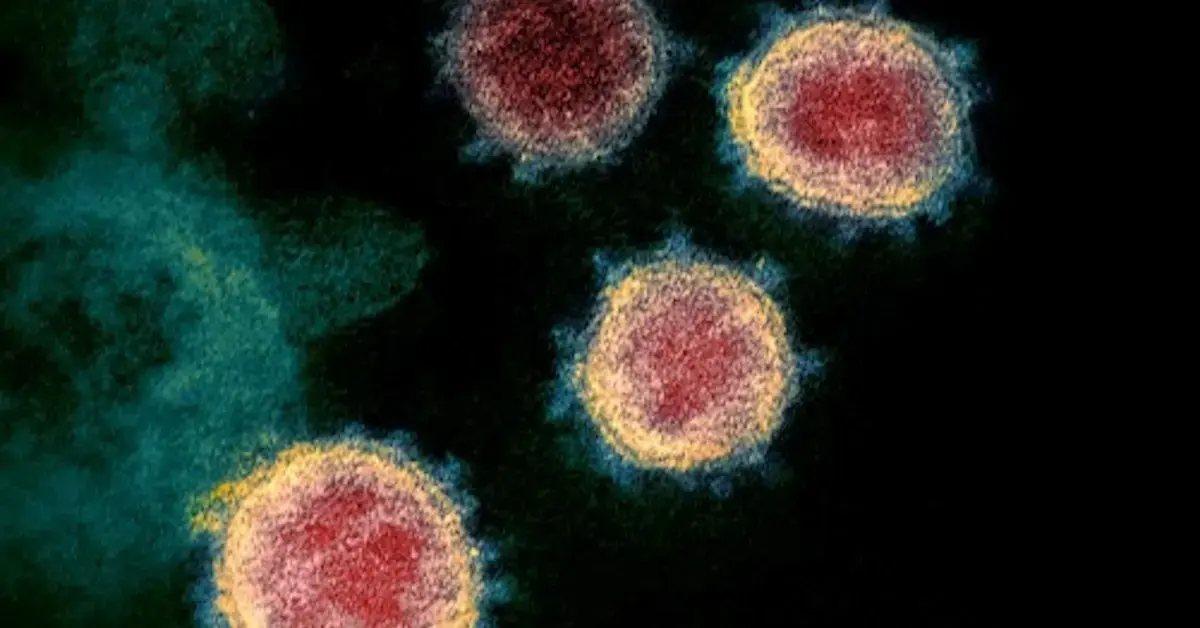Researchers think a llama named Cormac may help curb the coronavirus pandemic
By Lizzy RosenbergJan. 6 2021, Updated 9:15 a.m. ET
It seems as though a llama may hold the answer we've been waiting for, in terms of combatting the ongoing coronavirus pandemic. A study conducted at Uniformed Services University's (USU) Center for Neuroscience and Regenerative Medicine showed that nanobodies produced by an absolutely gorgeous llama named Cormac may potentially be able to protect human lungs from infections such as COVID-19.
How will Cormac the llama curb the ongoing pandemic? Keep reading for more on this heroic llama's nanobody donation that was made in the name of science.
How are llama nanobodies curing the coronavirus?
As previously mentioned, USU's researchers have been working with specific antibodies known as nanobodies derived from camels and llamas, which may be able to take down the coronavirus pandemic. According to the U.S. Department of Defense, when manipulated in the form of an aerosol or liquid form, nanobodies can act as a virus preventative and combatant. They weigh about 10 percent of a human antibody, and can apparently recognize virus proteins, latch themselves on, and fight them off.
Nanobodies are cheap and easy to work with in the realm of medical engineering, which is why USU's researchers had been testing them for months. Eventually, they discovered that Cormac the llama was producing a certain type of nanobody, NIH-CoVnb-112, which is thought to prevent, detect, and disembody SARS-CoV-2 spike proteins. Scientists tested this by immunizing Cormac five times over the course of a few weeks, using low levels of the SARS-CoV-2 spike protein, and seeing how he reacted.
From doing this, researchers found that Cormac was producing low levels of the NIH-CoVnb-112 nanobodies, which latch onto the COVID-19 protein and prevent it from entering the body's cells. The nanobodies were then further tested in terms of infection prevention in petri dishes, and were eventually tested through an inhaler that used on asthma patients, which showed could work to treat patients in the form of a spray, according to National Institutes of Health.
"One of the exciting things about nanobodies is that, unlike most regular antibodies, they can be aerosolized and inhaled to coat the lungs and airways," said Dr. David Brody, director of USU's Center for Neuroscience and Regenerative Medicine, and leader of the study. "This is promising in that it could potentially be used to protect the lungs from infections."

What else are llama nanobodies used for?
It turns out scientists have been testing nanobodies in the name of science for years now. Back in 2018, according to Ars Technica, Scripps Research decided to test out llama nanobodies' flu protection capabilities, and they were able to successfully protect mice from 60 different flu strains. According to BioMed Central, studies have also shown they may also be utilized for Parkinson's Disease therapy.
“Although we have a lot more work ahead of us, these results represent a promising first step,” said Thomas J. “T.J.” Esparza, a neuroscientist who worked on the COVID-19 study, as per the National Institute of Health (NIH). “With support from the NIH we are quickly moving forward to test whether these nanobodies could be safe and effective preventative treatments for COVID-19."



